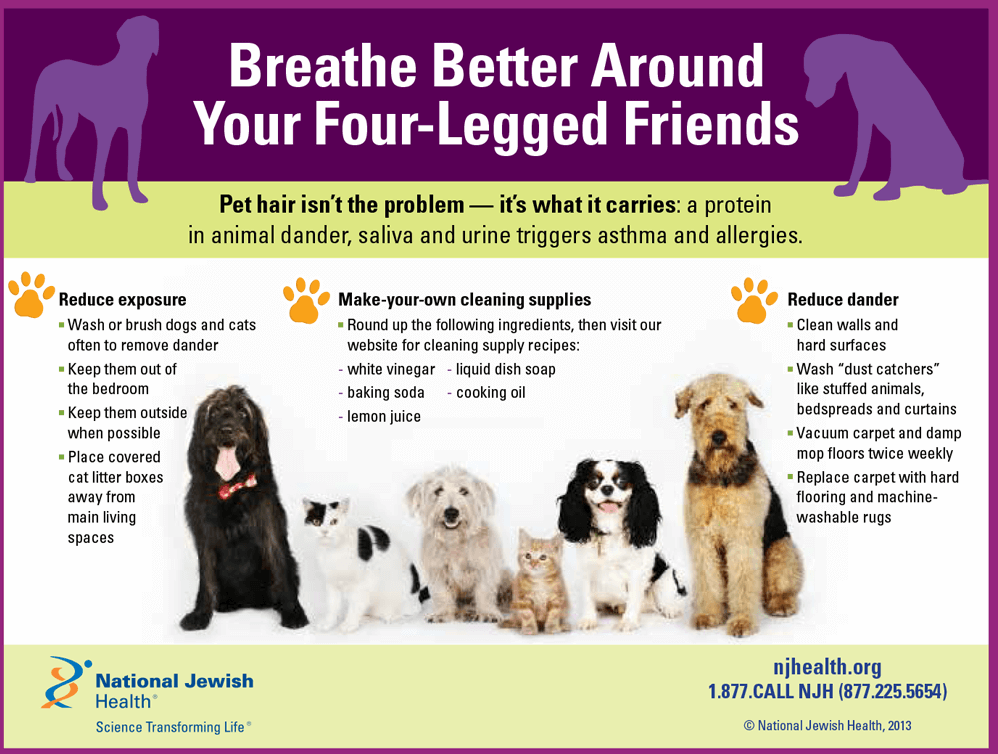Whether your pet dogs hang out at daycare or boarding centers, they need to be up-to-date on every one of their needed vaccinations. Core injections include Bordetella, rabies and DA2PP, which defend against typical diseases that pets are subjected to when in close contact with others.
Non-core vaccines consist of canine influenza and leptospirosis shots. These are advised for pups that join other pet dogs regularly.
Core Injections
As an essential part of preventative care, pet vaccines assist keep canines secure from infectious conditions transmitted with straight contact or infected surface areas. Injections boost the immune system to produce antibodies that deal with disease, and a lot of veterinarians think about core pet dog vaccinations to be important for all pet dogs.
Rabies
Most trustworthy dog day care centers require that your family pet depend on day on their rabies vaccination. Inoculations are carried out to puppies as early as 12-16 weeks old, and boosters are required every 3 years approximately until their adult years. Rabies is a fatal viral disease that spreads via saliva, typically from bites. A lot of states require rabies vaccinations for all pet dogs and pet cats, and some also mandate rabies boosters for pet owners.
Distemper/Parvovirus/Adenovirus (DHPP).
This combination injection covers canine distemper, parvovirus, liver disease, and adenovirus, every one of which are highly contagious. Many vet workplaces supply DHPP vaccines as one shot or in a series of two to four shots, provided 2-4 weeks apart, adhered to by boarding dog kennels near me a yearly booster. This vaccination is a need for most boarding and doggy daycare facilities, in addition to lots of groomers.
Bordetella/Canine Parainfluenza Vaccination.
Bordetella bronchiseptica, generally known as kennel cough, is a very contagious breathing infection triggered by the germs that triggers the illness. Signs consist of consistent coughing, sneezing, nasal discharge, and high temperature. A lot of kennel coughing break outs happen in congested atmospheres, such as day care or boarding centers, and are specifically typical in warmer weather condition. This injection is a demand for many daycare and boarding facilities, and is typically provided in a combination with the DHPP vaccine.
Leptospirosis Vaccine.
This is a bacterial condition that spreads out via polluted water, dirt, and urine. Infection can cause kidney and liver damage, along with fatality, and is transmissible to people. A lot of vets will advise this vaccination, based upon geographic location and lifestyle of the pet, for pets that hang around outdoors or at boarding facilities, as well as some groomers. This vaccine is generally provided as a series of two to 4 shots, spaced 2-4 weeks apart, with an annual booster required for most pet dogs.
Lyme Illness Injection.
The most usual tick-borne illness in the United States, Lyme condition is sent by the deer tick and can lead to fever, joint discomfort, muscle mass soreness, and anorexia nervosa. The Lyme condition injection secures against one of the most prevalent stress of the infection, including the H3N8 and H3N2 pressures. Most veterinary facilities suggest this injection, particularly in high-risk locations, such as the Northeast, top Midwest, Mid-Atlantic, and along the Pacific coast.
Noncore Vaccines.
Various other pet vaccines, while not needed for all pets, are suggested based upon the dog's way of life and geographical place. These consist of the following:.
